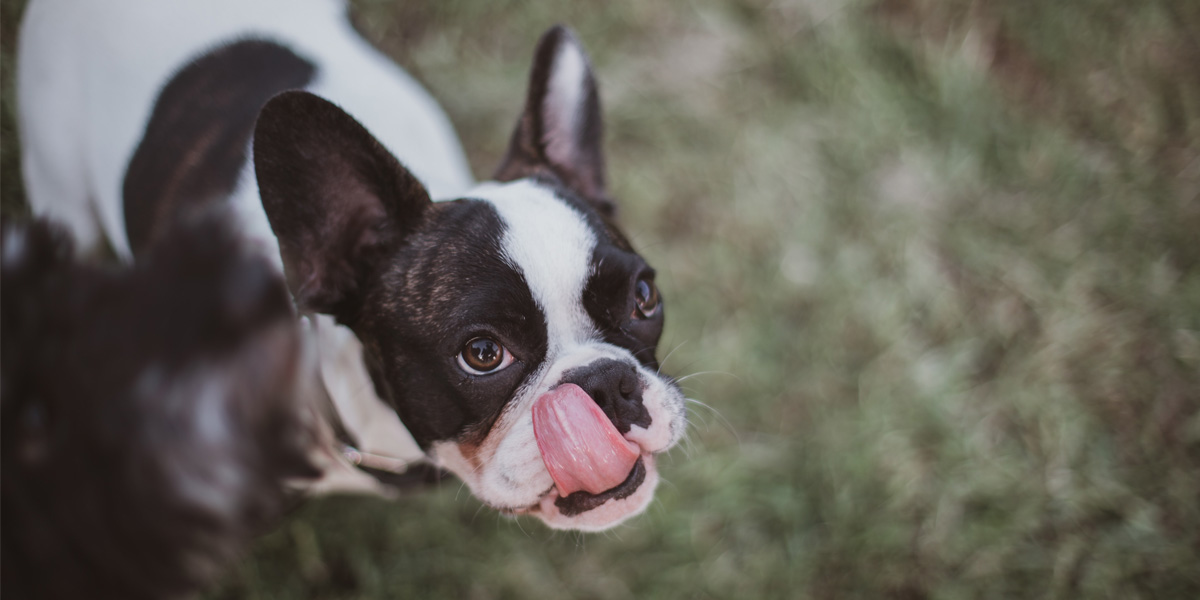
Save 35% with AutoShipUse code SAVE35 (Up to $20 max. Exclusions apply)

SAVE AN EXTRA $5 - $20 OFFUse code PETS in cart (Exclusions apply)

While efforts are made to answer all questions as quickly as possible, if an immediate answer is required or if your pet is in need of urgent or emergency care, contact your pet's veterinarian immediately.

You will receive an answer from Dr. Lindsay and our vet/tech team as soon as possible, usually the same day.
All answers are provided for informational or educational purposes only, and are intended to be a supplement to, and not a substitute for, the expertise and professional judgment of your pet's veterinarian.
It may be necessary to consult your pet's veterinarian regarding the applicability of any opinions or recommendations with respect to your pet's symptoms or medical condition.
Close
An error has occurred, please reload the page and try again.
CloseWhile efforts are made to answer all questions as quickly as possible, if an immediate answer is required or if your pet is in need of urgent or emergency care, contact your pet's veterinarian immediately.
There is no answer related to your question

All dogs have little quirks. But licking the air is habit that could mean your dog is trying to tell you something. Frequency, timing, and context can help you figure out why your dog does this, and whether it means they need help from you.
Licking The Air After Meals
Does your dog have a ritualisitic habit of licking the air right after a meal? This could be a sign of gastric upset. Along with licking the air, your dog might also lick surfaces, gulp, and swallow. Air licking and swallowing can be a response to acid reflux irritating their esophagus.
Your dog may have trouble difficulty digesting their food. If they eat one meal a day, they might feel better if their food is split up into two or more meals. Probiotics are also helpful for dogs with digestive issues.
It’s also possible for your dog to have an intolerance to one or more of the ingredients in their food.
If your dog consistently licks the air after meals and does not feel better after a change in their diet, see your veterinarian to check for digestive issues. Excessive licking in dogs has been linked to issues like chronic pancreatitis, giardia infection, and irritable bowel syndrome.
Licking The Air On Walks
Dogs, as well as cats and horses, tend to make a funny face when exposed to peculiar odors. This is called a “Flehman Response.” For dogs, the Flehman Response may look like your dog is chattering their teeth or licking the air, directing the odor to the Jacobson's organ located at the roof of their mouth.
The Jacobson’s organ is especially helpful in detecting pheromones, so you’ll usually see this in action when your dog is sniffing at urine markings on trees and fire hydrants.
Licking As A Compulsive Behavior
Though less common, air licking can be a compulsive behavior. If it doesn’t seem linked to gastric upset or exposure to new odors, prolonged air licking can sometimes be a symptom of canine OCD or canine cognitive dysfunction. Any time your dog has unusual behavior, it’s helpful to take a video of an active episode so you can show your veterinarian.
 Swipe
Swipe